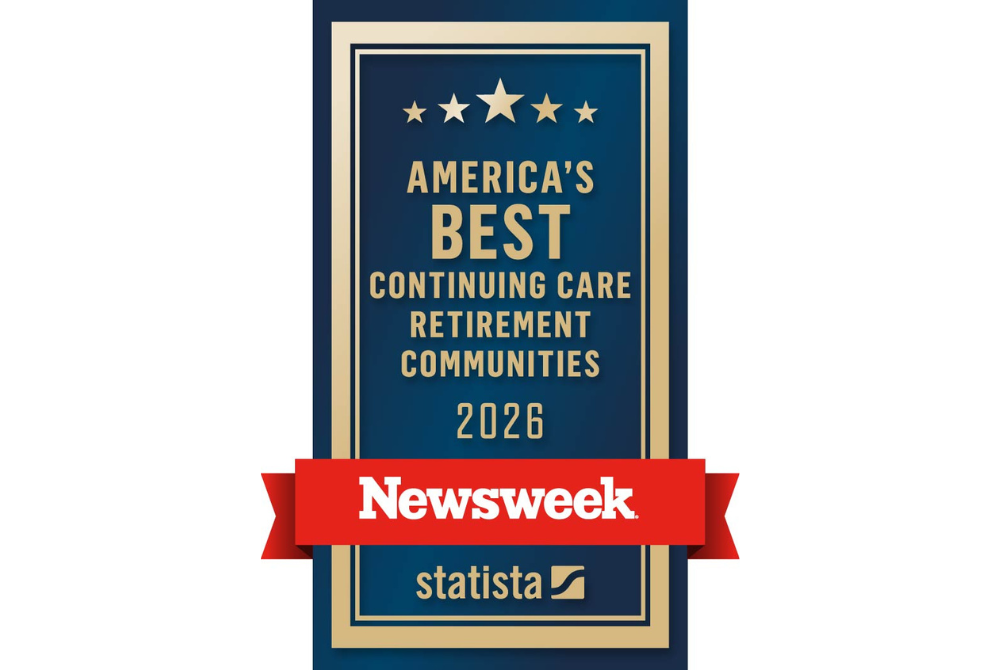How to Look Out for Senior Scams and Fraud
Fraud schemes often prey on senior citizens. It’s almost as if older Americans have a target on their backs. Why? The FBI states it’s often because seniors are more likely to be financially stable, were raised to be polite and often don’t say “no,” and are less likely to report a scam.
Regardless of the reasoning, it’s crucial that all seniors understand how scams happen and what to look for to avoid one. Skepticism is key when something fishy happens, and don’t be afraid to report the crime.
Tips for Avoiding Senior Scams and Fraud
Just because you fall into this age group doesn’t mean you have to be susceptible to a scam targeting seniors. Knowledge is power. Keep these tips in mind:
- Know the signs of senior scams. Does something seem too good to be true? Chances are, it is. Turn on your skepticism when these things arise. Free gifts, vacations or prizes that require a credit card or bank account number tend to be anything but “free.” Negative reviews online or from friends, family, lawyers, or the Better Business Bureau are other red flags. Be wary about email or websites with spelling or grammar errors, or one that asks for your personal information.
- Never buy from an unfamiliar company. If you’re not familiar with the company, do some research before making a purchase. Go to a search engine online and type in the company name to see what you find. Ask friends and family. If the salesperson pressures you to purchase now so you don’t miss the “high-profit, no-risk” offer, or if they say you don’t need to check out the company with anyone, it’s probably a scam targeting seniors. Take your time when making any purchase decisions from unfamiliar companies.
- Don’t pay for a “free prize.” Sometimes a telemarketer may say you won a free prize, but a credit card is required for tax purposes. This is fraud. If the caller says the payment is for tax reasons, the caller is violating federal law, according to the FBI.
- Never give your personal information to unfamiliar parties, especially online. You should be 100% sure the business is credible before supplying any of your personal information like your credit card number, bank account numbers, social security numbers, or your date of birth. This applies over the phone and on the Internet.
- Be wary of unsolicited emails from people you don’t know. Internet fraud and email phishing (fishing for information via email) are on the rise. If you get an email from someone you don’t know that includes a hyperlink to another website, don’t click it unless you’re sure it’s a credible source. Many times, these links will either infect your computer with dangerous malware that can pull your personal data, or the link will ask you to input your password or other personal information so it can access everything it needs on your computer. Avoid this risk by deleting any unfamiliar emails.
- Give your insurance/Medicare information only to those who provided medical services. Healthcare fraud and health insurance fraud is also on the rise, so make sure to only share your insurance information with physicians’ offices and hospitals where you have been treated. Carefully review your insurance provider’s explanation of benefits. If you see something suspicious or questionable, call your insurer immediately. Never sign blank insurance claim forms.
You have the power to protect yourself against scams targeting seniors. The first step to that power is education. If you know the red flags of fraud schemes, you can be on high alert if they come up. Never be afraid to say no or stand up for yourself if it’s a matter of your own financial and personal safety.
Winchester Gardens is dedicated to treating its residents with compassion, respect, and promoting life fulfilled. We’re here to help you secure your future the easy way. Contact us today to schedule a tour or request more information.



